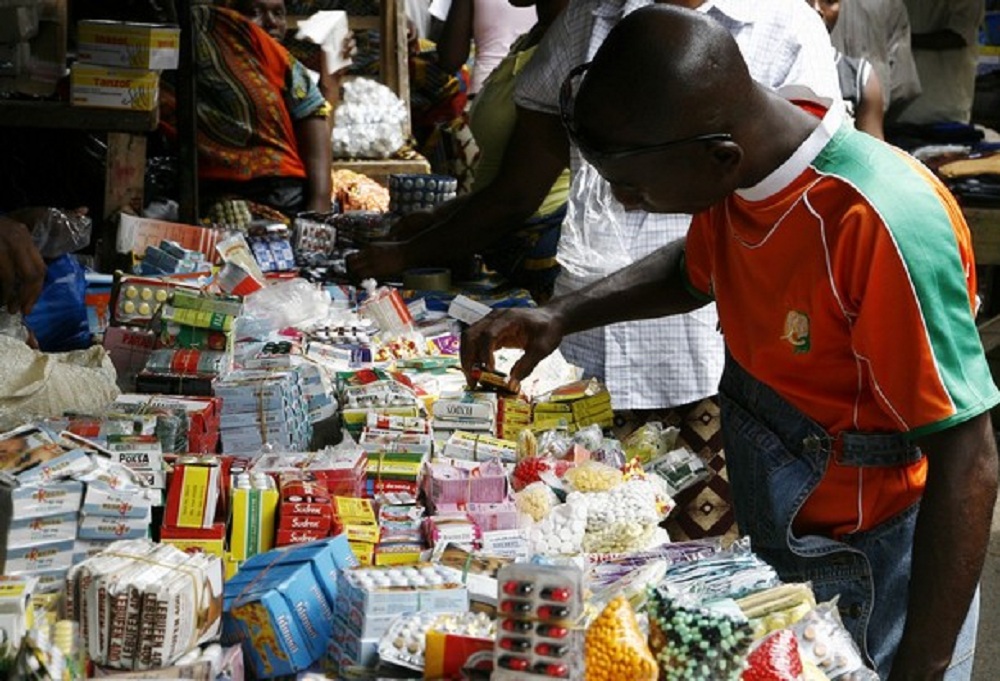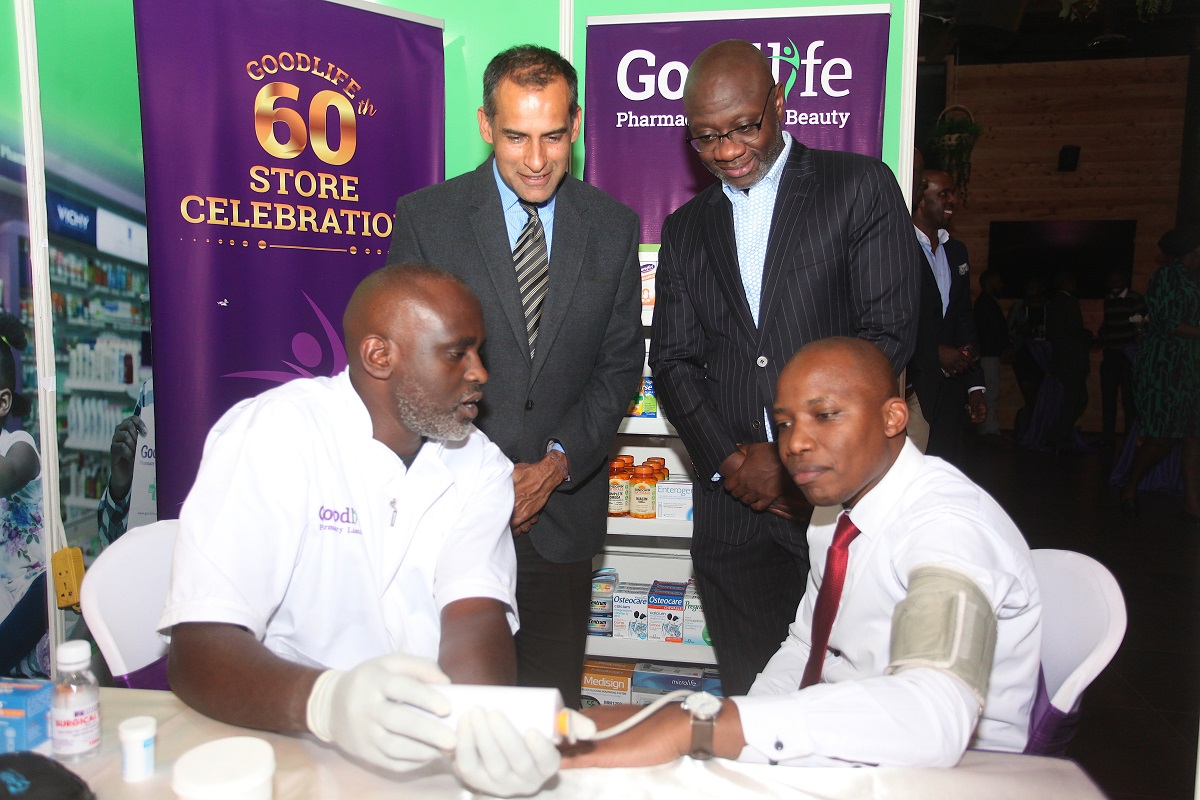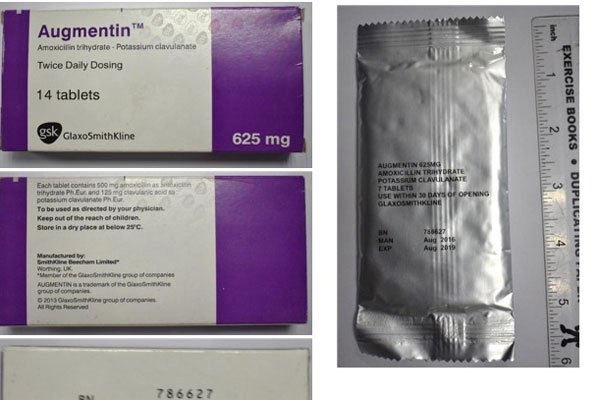The Kenya Association of Pharmaceutical Industry (KAPI) has expressed fears that the proliferation of counterfeit and unregulated medical drugs will be counterproductive to the attainment of the Big 4 Agenda.
The marked prevalence of counterfeit pharmaceutical products including drugs and medical equipment, KAPI notes will have a negative effect on the national Universal healthcare delivery programmes.
In a statement released by KAPI chairperson Dr Anastasia Nyalita to mark the World Anti Counterfeit Day, the sector association that brings together leading local and multinational pharmaceutical firms has called for a concerted multi-agency effort to curb the proliferation of counterfeit drugs in Kenya.
The association has also reiterated its petition to the Pharmacy and Poisons Board of Kenya, to consider enhancing its market surveillance activities, and fully utilize digital technologies to track shipments and identify grey and counterfeit products at ports of entry to ensure that all products available in the Kenyan market are regulated.
Such counterfeit and unregulated products, Nyalita noted, have continued to enjoy easy market access notwithstanding their detrimental impact on the national healthcare standards.
Counterfeit and unregulated pharmaceutical products, she noted, ultimately raise the cost of healthcare delivery among the most vulnerable groups while limiting the efficacy of crucial drugs due to poor formulation.
“At KAPI, we are concerned and will continue to sound the alarm that the proliferation of counterfeit and unregulated pharma products in this market is counterproductive to the attainment of the Big 4 Agenda,” Nyalita said, adding: “Such products pose a grave danger to the national healthcare goals as they increase delivery costs.”
A market study, commissioned by KAPI last year, confirmed the existence of counterfeit and unregulated medicines in the country. The study, conducted by pharmaceutical applied researchers from the University of Nairobi School of Pharmacy, had confirmed an 8% prevalence of unregulated or grey medicinal brands.
Unregulated or grey medicines, Dr Nyalita said, are those that have entered the market through irregular channels and have not undergone the necessary regulatory scrutiny and market conformity by the Pharmacy and Poisons Board.
“Such products unlike those imported through the official channels, pose grave danger to the patients using them as their Efficacy and Quality remains questionable,” she said.
Grey products in the local market present a greater risk of deficiencies and poor efficacy due to potentially incorrect storage by middle-men, product packaging intended for other climates, and languages that are not understood in Kenya including Arabic, Turkish and German.
READ: MIXED FORTUNES FOR KENYA’S GAMBLERS
As part of KAPI’s consumer awareness programmes, the Association has advised local consumers to avoid buying products that do not carry English or Swahili instructions for use or which are not labelled in English and or Swahili. Buyers can also verify each official retail outlet by SMS, using the Pharmacy Registration Code shown on the Pharmacy & Poisons Board sticker on the premises, or ask for it if no sticker can be seen.













1 Comment